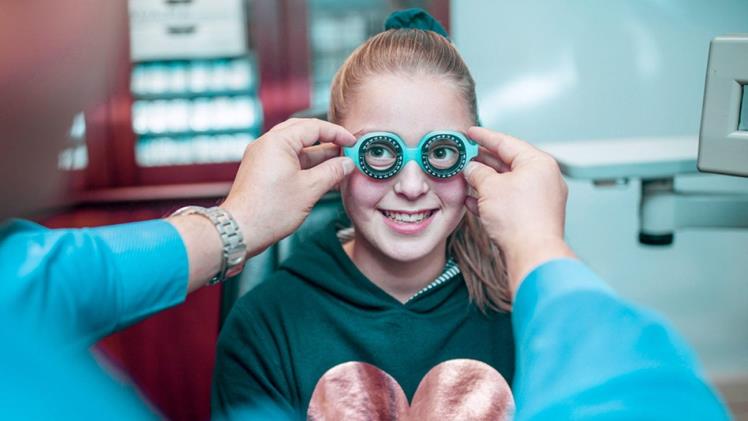Ever found yourself tangled in the confusion between an optometrist and an ophthalmologist? Don’t worry, it’s a common puzzle. Imagine this – you’re wandering the vibrant streets of Chicago, eyes catching a display for scleral contact lenses. The question pops up – who do you turn to for advice? An optometrist or an ophthalmologist? In this quick read, we’re aiming to untangle this knot for you, particularly if you are considering scleral contact lenses chicago for your vision needs.
Optometrists: The Primary Eye Care Providers
An optometrist, in simple terms, is your go-to eye doctor for basic eye care. They are well-equipped to carry out vision tests, prescribe corrective lenses, and diagnose common eye disorders. Imagine you’ve noticed your vision blurring – an optometrist is the one you’d likely visit first.
Ophthalmologists: The Eye Surgeons and Disease Specialists
Ophthalmologists, on the other hand, are medical doctors who specialize in eye and vision care. They are trained not only to provide general eye care but also to conduct eye surgery and treat complex eye conditions. If you’ve been diagnosed with a serious eye disorder or need surgery, an ophthalmologist will step in.
Who Should You Consult for Scleral Contact Lenses in Chicago?
Now to the crux of the matter – who to consult for scleral contact lenses in Chicago? Both professionals can assist you. An optometrist can evaluate your vision, suggest the scleral lenses if they deem it necessary, and guide you on proper use and care. An ophthalmologist, while they can also provide these services, will usually be consulted if there’s a complex issue such as a serious eye disorder that requires specialized attention.
The Importance of Regular Check-ups
Regardless of whether you’re considering scleral lenses or not, it’s crucial to have regular eye check-ups. An optometrist can provide these routine checks to ensure your eyes are in good health. If an issue is detected, they can refer you to an ophthalmologist for further examination and treatment.
Wrapping It Up
In the end, both optometrists and ophthalmologists play critical roles in maintaining eye health. Understanding the difference between the two can help you make informed decisions about your eye care, especially when considering options like scleral contact lenses. Whether you’re just needing a regular check-up or you’re confronted with a more serious concern, knowing who to turn to can ensure that your eyes receive the best care possible.

